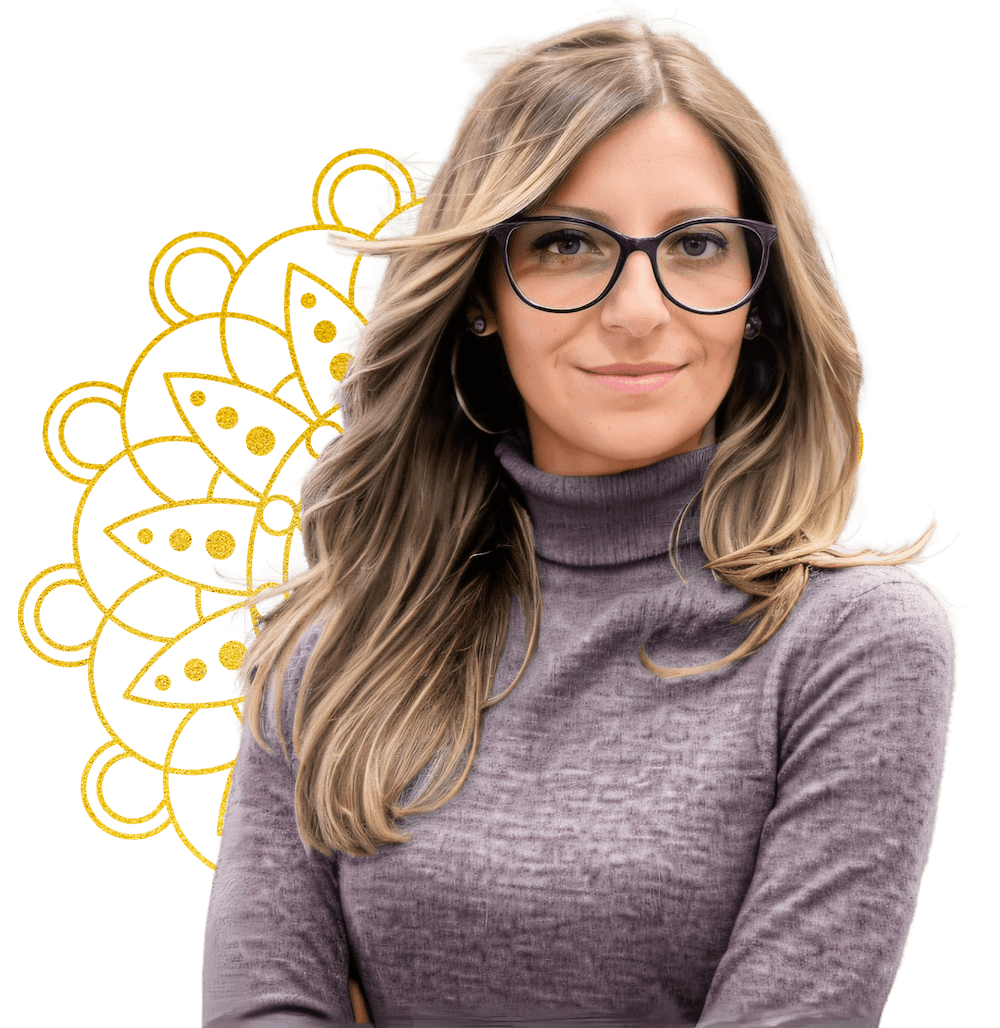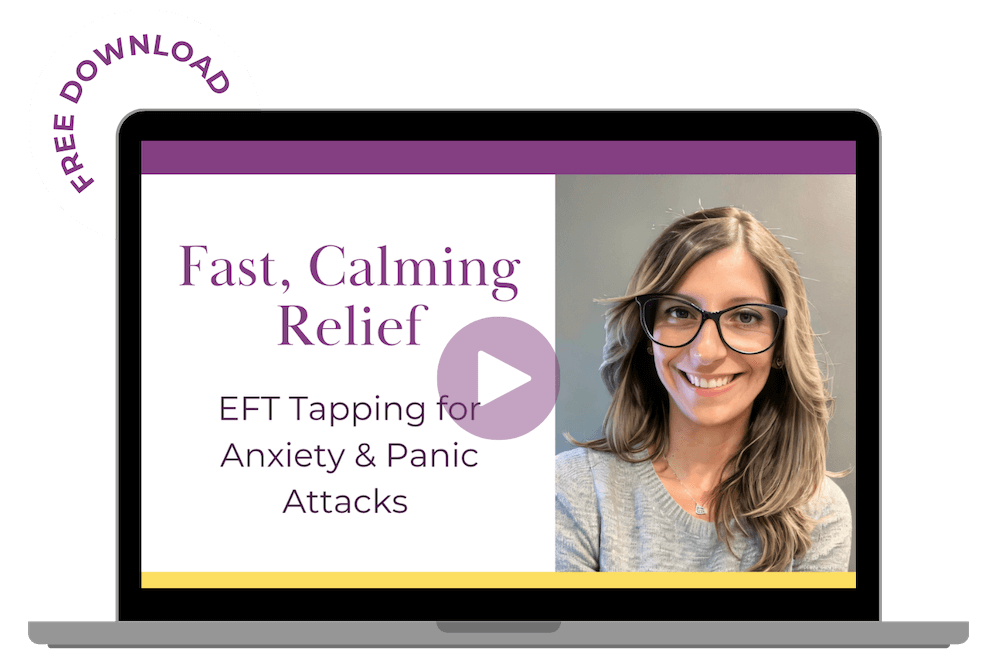Introduction: Anxiety and nervousness are common emotions that many people experience at different points in their lives. While they share similarities, they are distinct in their intensity, duration, and impact on daily functioning. In this blog, we’ll explore the differences between anxiety and nervousness, delve into their underlying causes, and provide practical coping strategies to help manage these challenging emotions.
Understanding Anxiety and Nervousness:
- Anxiety:
- Anxiety is a persistent and excessive worry or fear about future events, situations, or uncertainties.
- It often involves physical symptoms such as rapid heartbeat, trembling, sweating, and gastrointestinal distress.
- Anxiety can be generalized, affecting various aspects of life, or specific to particular triggers, such as social situations or specific phobias.
- Anxiety disorders, such as generalized anxiety disorder (GAD), social anxiety disorder, and panic disorder, involve chronic and severe symptoms that significantly impact daily life.
- Nervousness:
- Nervousness is a temporary and milder form of anxiety, often characterized by feelings of apprehension, tension, or unease in anticipation of a specific event or situation.
- It may be accompanied by physical symptoms such as butterflies in the stomach, sweating palms, or a dry mouth.
- Nervousness is typically situation-specific and may dissipate once the event or situation passes.
Causes of Anxiety and Nervousness:
- Biological Factors:
- Genetic predisposition: Some individuals may be genetically more prone to experiencing anxiety or nervousness due to inherited traits.
- Neurochemical imbalances: Changes in brain chemistry, such as alterations in neurotransmitter levels, can contribute to the development of anxiety disorders.
- Environmental Factors:
- Stressful life events: Traumatic experiences, major life changes, or ongoing stressors can trigger or exacerbate anxiety and nervousness.
- Social or performance pressures: Situations such as public speaking, job interviews, or social gatherings can evoke feelings of nervousness or anxiety due to perceived expectations or judgments from others.
Coping Strategies for Anxiety and Nervousness:
- Practice Relaxation Techniques:
- Deep breathing exercises, progressive muscle relaxation, and mindfulness meditation can help calm the mind and body and reduce feelings of anxiety and nervousness.
- Challenge Negative Thoughts:
- Use cognitive-behavioral techniques to identify and challenge irrational or distorted thoughts that contribute to anxiety or nervousness.
- Gradual Exposure:
- Gradually expose yourself to situations or triggers that provoke anxiety or nervousness, allowing yourself to become more comfortable and desensitized over time.
- Seek Support:
- Talk to a trusted friend, family member, or mental health professional about your feelings of anxiety or nervousness. They can offer support, guidance, and perspective.
- Practice Self-Care:
- Prioritize self-care activities such as regular exercise, healthy eating, adequate sleep, and relaxation to promote overall well-being and resilience.
Conclusion: Anxiety and nervousness are common human experiences that can vary in intensity and duration. While they share similarities, understanding the differences between them is essential for effective management and coping. By implementing practical strategies such as relaxation techniques, cognitive-behavioral therapy, gradual exposure, seeking support, and practicing self-care, individuals can learn to navigate and cope with anxiety and nervousness in healthy and constructive ways. Remember, it’s okay to seek help when needed, and you’re not alone in your journey towards managing these challenging emotions.







